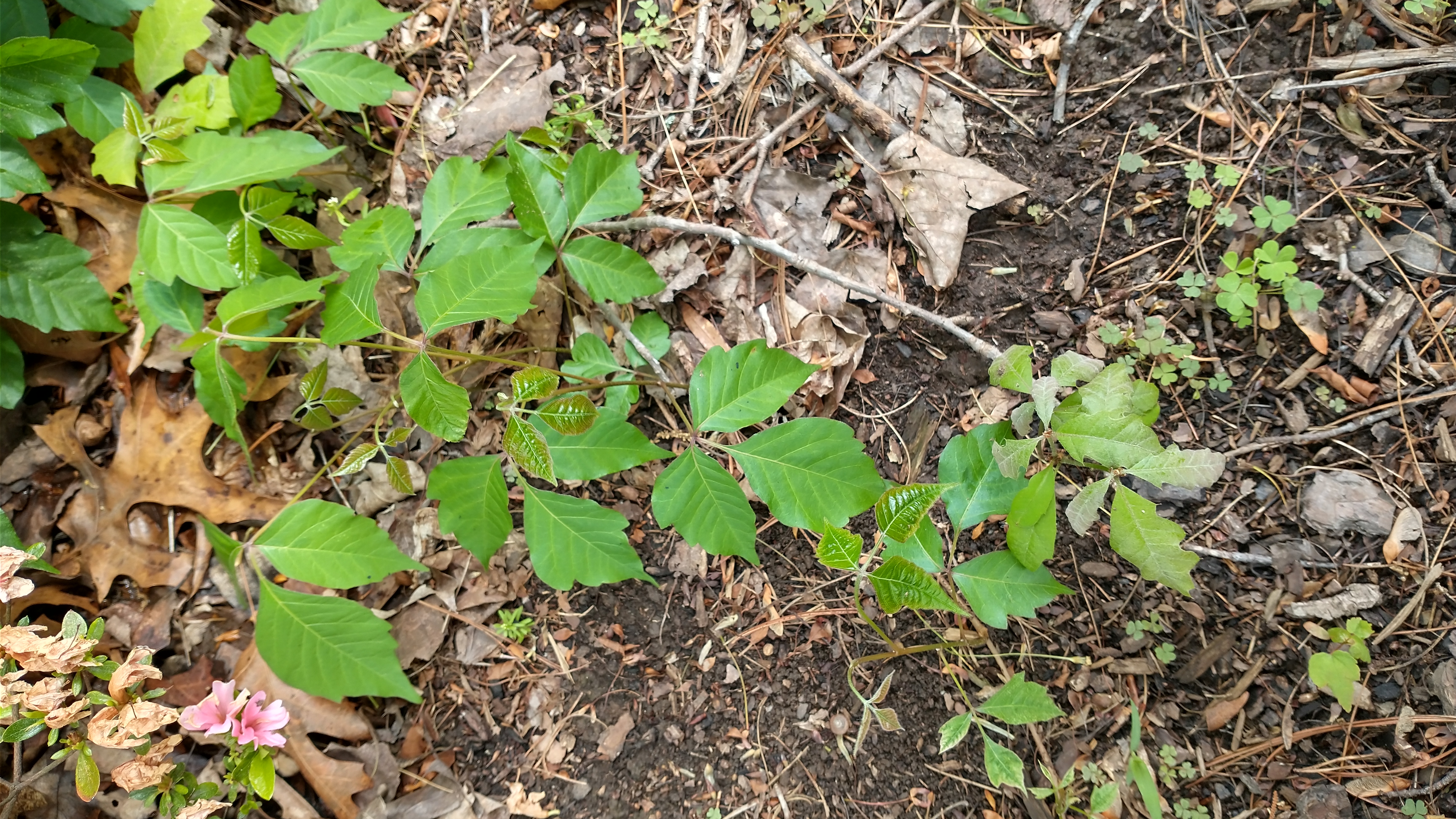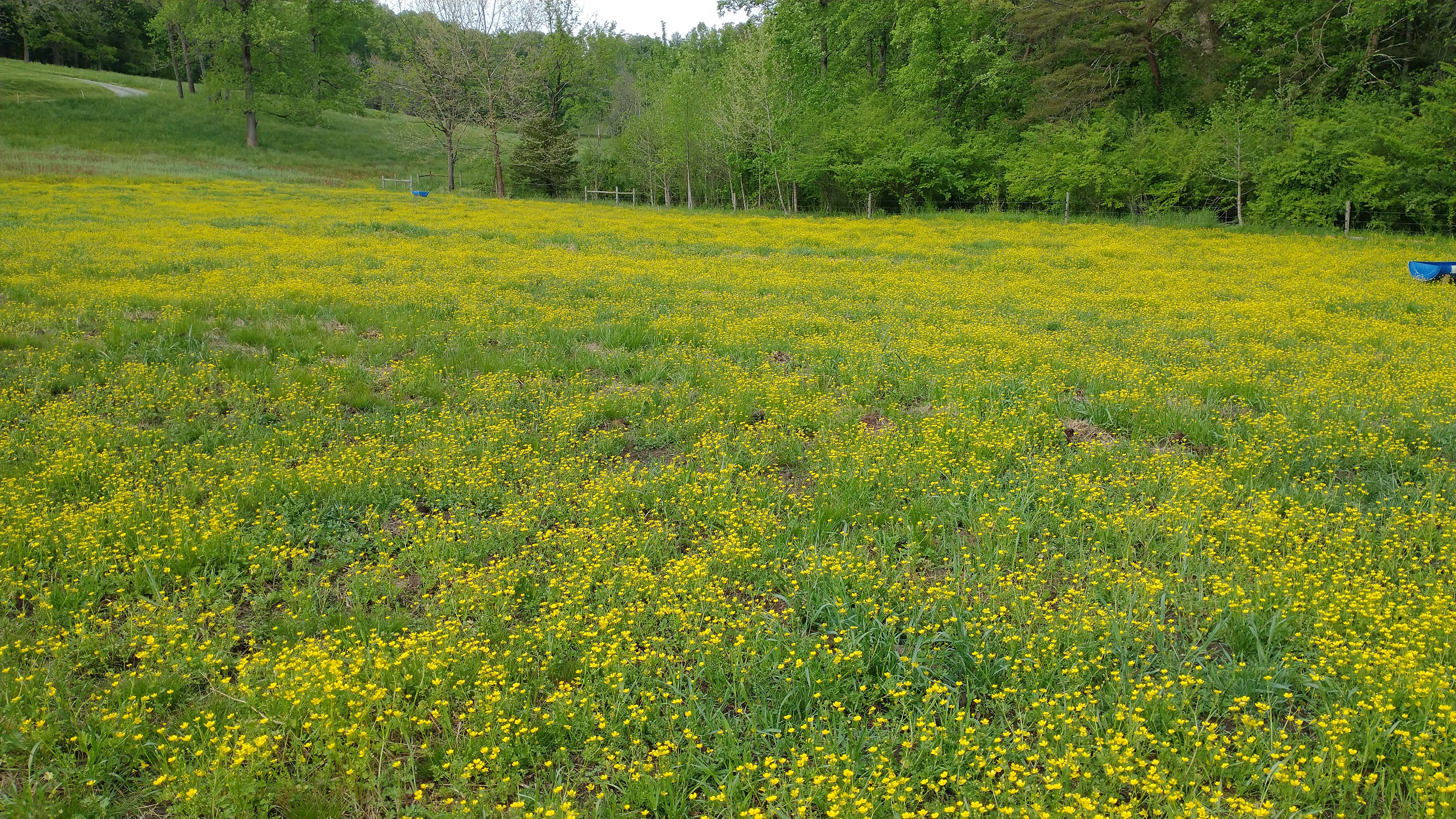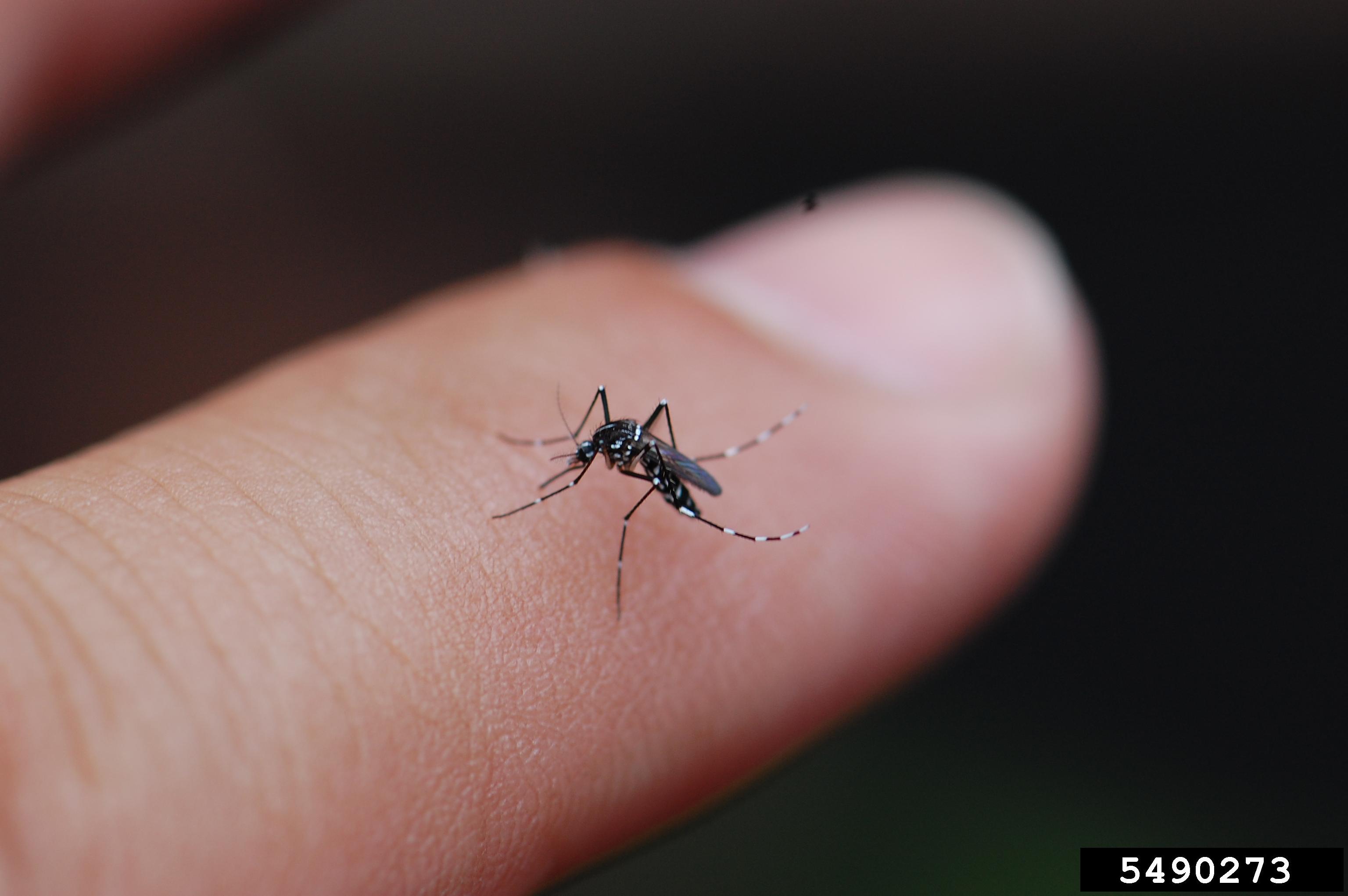Poison Ivy, Buttercup, and Mosquito Q&A
go.ncsu.edu/readext?794546
en Español / em Português
El inglés es el idioma de control de esta página. En la medida en que haya algún conflicto entre la traducción al inglés y la traducción, el inglés prevalece.
Al hacer clic en el enlace de traducción se activa un servicio de traducción gratuito para convertir la página al español. Al igual que con cualquier traducción por Internet, la conversión no es sensible al contexto y puede que no traduzca el texto en su significado original. NC State Extension no garantiza la exactitud del texto traducido. Por favor, tenga en cuenta que algunas aplicaciones y/o servicios pueden no funcionar como se espera cuando se traducen.
Português
Inglês é o idioma de controle desta página. Na medida que haja algum conflito entre o texto original em Inglês e a tradução, o Inglês prevalece.
Ao clicar no link de tradução, um serviço gratuito de tradução será ativado para converter a página para o Português. Como em qualquer tradução pela internet, a conversão não é sensivel ao contexto e pode não ocorrer a tradução para o significado orginal. O serviço de Extensão da Carolina do Norte (NC State Extension) não garante a exatidão do texto traduzido. Por favor, observe que algumas funções ou serviços podem não funcionar como esperado após a tradução.
English
English is the controlling language of this page. To the extent there is any conflict between the English text and the translation, English controls.
Clicking on the translation link activates a free translation service to convert the page to Spanish. As with any Internet translation, the conversion is not context-sensitive and may not translate the text to its original meaning. NC State Extension does not guarantee the accuracy of the translated text. Please note that some applications and/or services may not function as expected when translated.
Collapse ▲Some excellent questions came into the N.C. Cooperative Extension, Caldwell County Center this week, and I’d like to share three of them with you. I hope you find these questions and their answers helpful. If you have a specific question not answered here, please contact the N.C. Cooperative Extension, Caldwell County Center.
Q: When is a good time to control poison ivy?

Poison ivy can be controlled now with a brushkiller herbicide. (Credit Seth Nagy)
A: Now is an excellent time to control poison ivy as it is actively growing. The best time to control poison ivy is just before or after it blooms in the early summer. Brush killers or herbicides that contain dicamba or trichlopyr effectively control poison ivy. Glyphosate, sold under the trade name Roundup, will also kill the vine. Always follow the instructions provided on the label. (Thanks to Extension Agent Emeritus Darrell Blackwelder for his assistance with this answer.)
Q: What is the yellow flower in my pasture?

Buttercups are turning this pasture yellow. The time to control them is before they bloom. Once they bloom, mowing is the best option. (Credit Seth Nagy)
A: Blooming buttercups are what’s turning some pastures yellow from late April to early June. Buttercup is an annual weedy plant. These plants emerge from seed during the fall or late winter months. If the pasture is short in the fall, sunlight gets to the soil surface and encourages buttercup seed to germinate.
Buttercup is toxic to all species of livestock. Animals that eat buttercup may suffer from blistering of the mouth and internal parts of the gastrointestinal tract, as well as diarrhea, colic, and, in severe cases, death. Fortunately, most animals will not eat buttercup because it is unpalatable. The toxin becomes inactivated when dried, so buttercup is not a concern in hay.
For chemical control, herbicides registered for use on grass pastures that contain 2,4-D will effectively control buttercup. Apply herbicide in late winter or early spring (February – April) before flowers appear. Once the plants flower, herbicides are not very effective, so mowing is a better option than spraying at that point.
Q: How can I control mosquitoes around my home?

The Asian tiger mosquito likes to feed during daylight hours. (credit Ary Farajollahi, Bugwood.org)
A: Most mosquitoes are active during twilight hours and at night. However, there are mosquito species that are active during the day. These daytime mosquitoes like to breed in small pools of stagnant water. All mosquito species need water to complete their life cycle.
Pesticides are only a short-term solution to a mosquito issue. Long-term, it is more effective to control mosquitoes by reducing places where they can breed. Contrary to popular belief, farm ponds and lakes are typically not major breeding areas for mosquitoes. Natural predators (such as fish) and predatory insects (such as dragonflies) often keep mosquitoes in these environments in check.
Look for, and eliminate, mosquito breeding sites around your home and property. For instance, clogged drainage ditches along roads can become productive mosquito breeding sites. Logging and construction activities often leave deep tire ruts and holes in the soil where pools of water can form. These depressions are ideal breeding sites for “floodwater” mosquito species. Containers such as discarded tires, bird baths, bottle caps, and potted plants are ideal breeding sites for mosquitoes. Eliminating standing water is an essential step in mosquito management.
For answers to your agriculture questions, call the N.C. Cooperative Extension, Caldwell County Center at 828-757-1290 or visit us online.
— Seth Nagy is the Caldwell County Extension Director. The N.C. Cooperative Extension, Caldwell County Center, 120 Hospital Ave. NE #1 in Lenoir, provides access to resources of NC State University and N.C. A&T State University through educational programs and publications.




